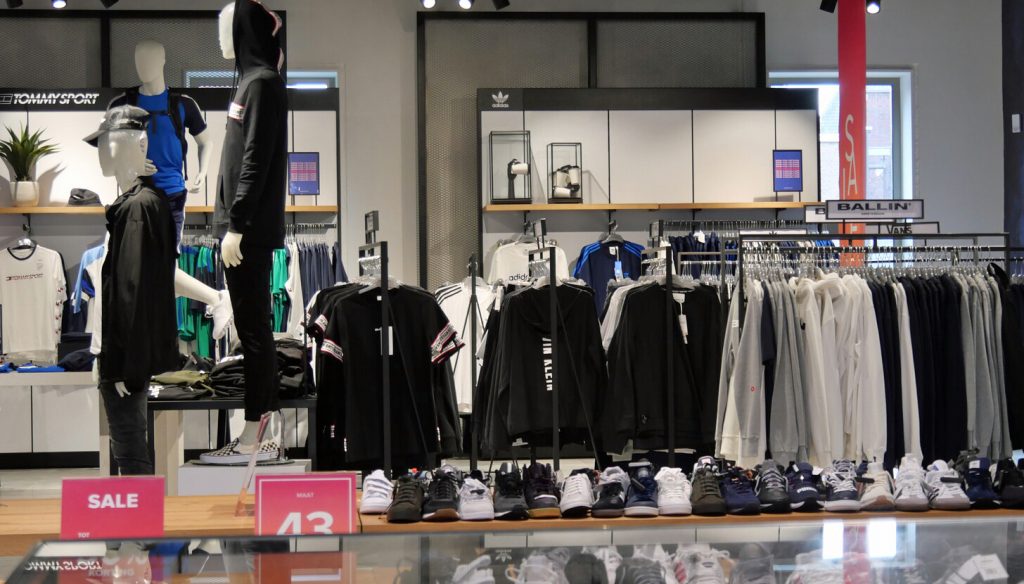Consumers in Europe and the United States are in no hurry to spend more than $2.6 trillion in savings accumulated during the pandemic. The money does not go into the economy. This dampens hopes of increased economic growth driven by consumption on both sides of the Atlantic. Accumulated savings on eurozone banks’ balance sheets fell only slightly in August in the wake of the easing of Covid restrictions in the northern hemisphere; Even Italy registered an increase, according to Bloomberg Economics calculations. In the US, too, the numbers show no flow.
On the other hand, the lack of a sudden rise in consumption expected by some economists could speak against the risk of a prolonged inflation shock.
“We see no signs of pent-up savings returning to the economy,” says Dario Perkins, managing director of Global Macro at TS Lombard in London. “People feel rich and spend a little bit more because they have that extra savings. A fraction of that money might be spent, but it doesn’t come back right away.”
Economists believe in buying mad
According to Bloomberg Economics, the accumulated savings surplus since the beginning of the crisis has reached about $2.3 trillion in the United States and about 400 billion euros in the eurozone.
Above all, companies and economists have relied on a growth spurt. On the other hand, the European Central Bank has long warned that the money accumulated during lockdowns should “not be spent too much”.
The president of Spain’s CaixaBank, Gonzalo Gortazar, said in May that he expects some hoarded funds to boost consumer spending. The OECD assumed that European consumption would benefit from “deregulation and the associated decline in household savings,” “which would finance a significant amount of catch-up.”
But the data is realistic. Neither sentiment indicators from the European Commission nor figures from Great Britain show such a boom. In the US, consumer confidence collapsed in the summer.
One reason for this, according to Olga Kutaja, an analyst at Deutsche Bank, is that missed service expenses cannot be compensated for during the shutdown. She said in a podcast. “The pent-up demand resulting from all deferred decisions during the lockdown is not really there.”
People don’t miss certain things
According to the ECB paper, some consumer preferences have also changed permanently. In 2020 a lot of people realized that they never miss certain things. And where there is demand, the global supply crunch is causing a shortage of goods which sometimes means you simply can’t spend the money you save.
After all, this huge amount of money is not evenly distributed among all social and economic groups. Older and wealthy people actually make the most money – but are often the least likely to spend.
“My impression is that a large portion of the savings went to middle- and high-income families,” says Mark Fettner, an economist at Wells Fargo & Co. “I think there’s still a lot of fuel in the tank.”
(Bloomberg/Cash)

“Tv expert. Hardcore creator. Extreme music fan. Lifelong twitter geek. Certified travel enthusiast. Baconaholic. Pop culture nerd. Reader. Freelance student.”







More Stories
Chocolate storm in Türkiye – the Swiss are confused
Big Topics at New UBS's First General Meeting – News
Traditional department store Globus – This is the Thai family company behind Globus – News